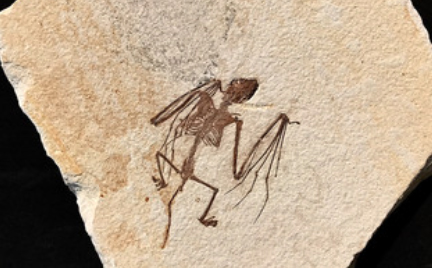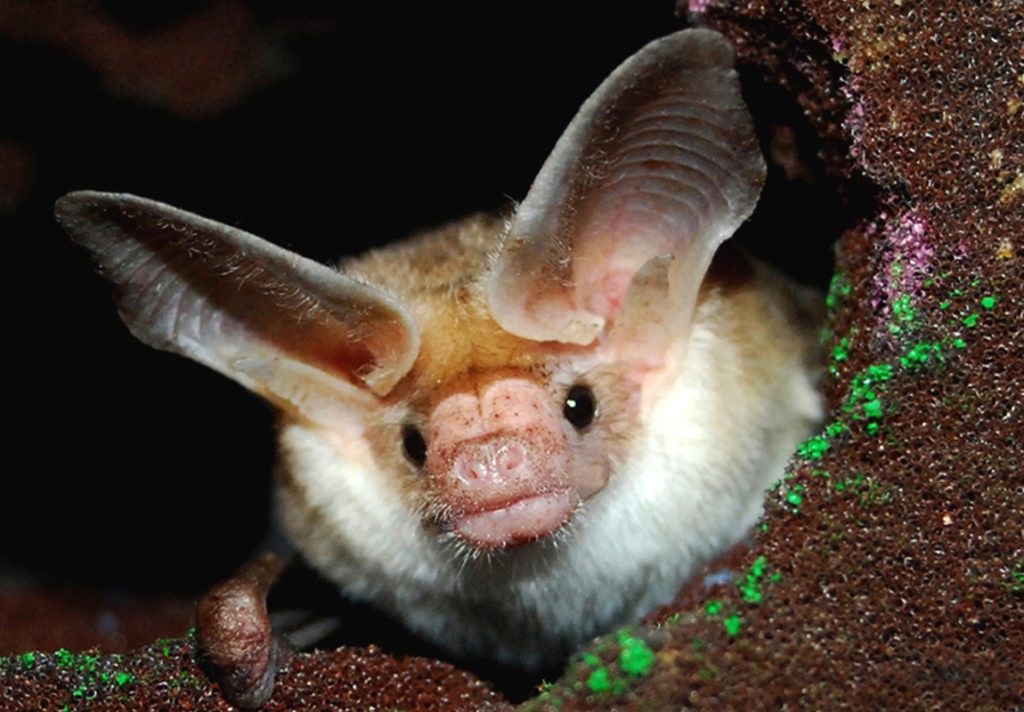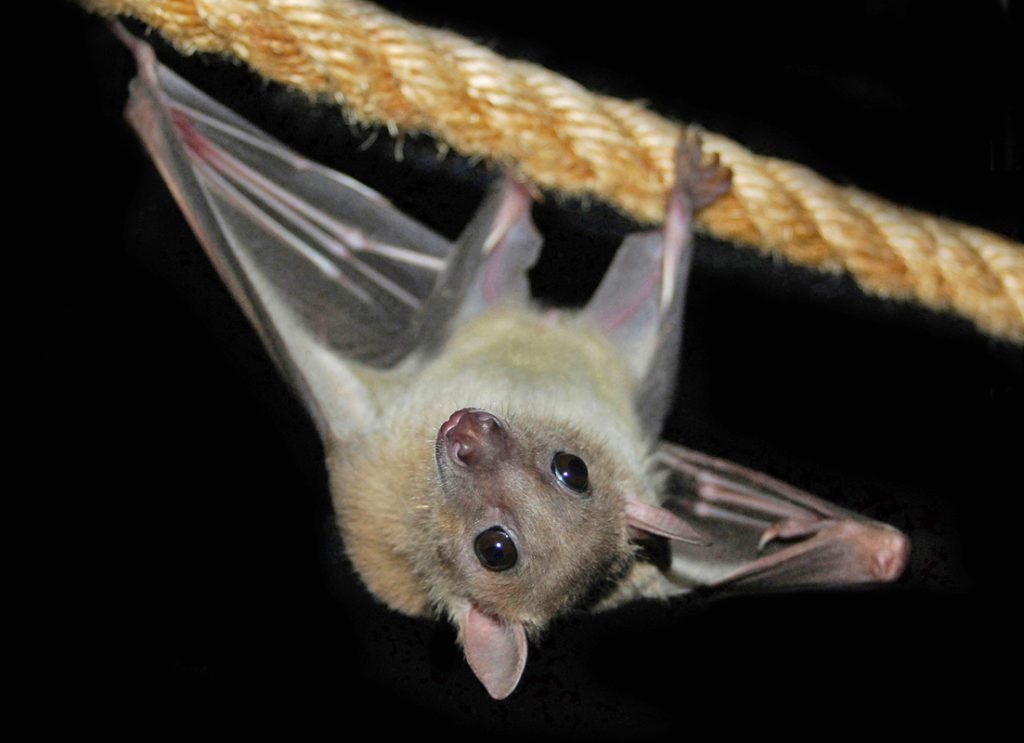Why Save Bats?
Roughly one out of every four mammals on earth is a bat. Consider this: if your day includes soap, shampoo, cosmetics, a toothbrush and toothpaste, coffee, margarine, paper or ink, cushions, wood furniture, fuel or lubricating fluids, sisal used to make rope and twine, timber, boats or canoes, ornamental trees, life saving medicines, air fresheners, candles, rubber, chewing gum, spices, vegetables, fruits, chocolate or even margaritas or beer, you are not only involved with bats, you are dependent upon bats.
Bats date back approximately 50 million years and they have been maligned almost as long as humans have walked the earth. For centuries they have been viewed as pests because it was believed they would get tangled in your hair, suck your blood, and the odd bat would occasionally turn into Count Dracula.
The truth of the matter is bats are a keystone species and they have long played essential roles in our lives. Their loss today would critically compromise the health of our planet.


Bats pollinate or disperse the seeds of many valuable plants and trees including wild banana, avocado, date, fig, mango, eucalyptus and balsa wood, just to name a few. Some seeds will not sprout unless they have passed through the digestive tracts of a bat. Bats spread millions of seeds every year from the ripe fruit they eat. Some fruit bats are called flying foxes because of their fox-like faces. The largest of them is about the size of a small house cat but some fruit bats are extremely tiny. Fruit bats are responsible for 98% of the reforestation of the world’s rain forests (the lungs of our planet). Without fruit bats we would lose entire forests without felling a single tree.


